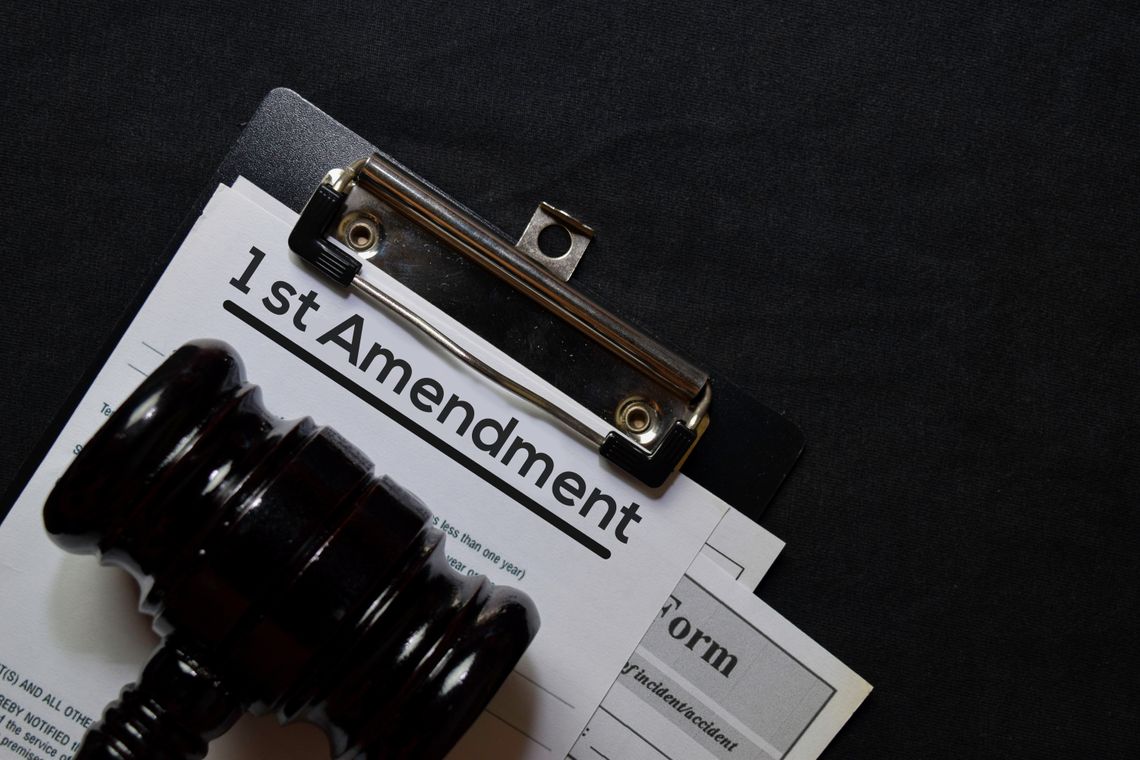In the Bill of Rights, there are certain freedoms guaranteed to U.S. citizens to protect from potential oppressive opposition by the government to stop it. This week from March 10 to March 16, the nation is celebrating the First Amendment and the merits of an open and transparent government. Specifically, the Freedom of Information Act of 1967 has gone a long way into keeping government transparent at every level from local school boards to the U.S. Congress.
Every March 16, historic U.S. President James Madison’s birthday, the nation celebrates National Freedom of Information Day in Madison’s honor as the man who wrote the First Amendment. The week that includes March 16 is celebrated as ‘Sunshine Week’ as advocates hope to keep the actions of the government as clear as the light of day.
Journalists and groups concerned with maintaining an open government combine their forces each year to push awareness of freedoms provided by the First Amendment and the two Freedom of Information Acts; one in 1966, and another in 1996.
President Lyndon B. Johnson signed the FOIA of 1966 into law to officially establish the right for anyone to obtain access to federal agency records. The agency still has the right to redact or refuse disclosure of partial and full documents according to nine regular exemptions and three law enforcement exemptions.
While the law was a landmark win for advocates of open government, the policy was limited to just physical documents. As the world began to become more digital near the turn of the century, the government started using more digital means to save their records. The FOIA of 1966 no longer protected the citizens’ right to access electronic documents.
Things changed once again when Bill Clinton signed into law the E-FOIA Amendments of 1996 that enforced the same responsibility on government entities to maintain open electronic records. Federal agencies were encouraged to put as many “Reading Room” documents as possible. Reading Room documents are required to be made publicly available over the internet like city finance reports.
To file a FOIA request, there are certain pieces of information to submit to any local administration or the Bureau of Industry and Security for federal agencies with documents that are not on the internet. The information to include with the request is as follows:
• The date and place the records were created
• Description of the file, subject matter, people, and specific details to identify records
• FOIA requests can be submitted for federal agencies online through FOIAonline or to the BIS through mail or E-mail to [email protected] As the nation celebrates the freedoms afforded by the FOIA and the E-FOIA, U.S. Citizens in the modern day have taken it upon themselves to increase awareness for these impactful acts and protect their right to keep government agencies transparent.
.jpg)


